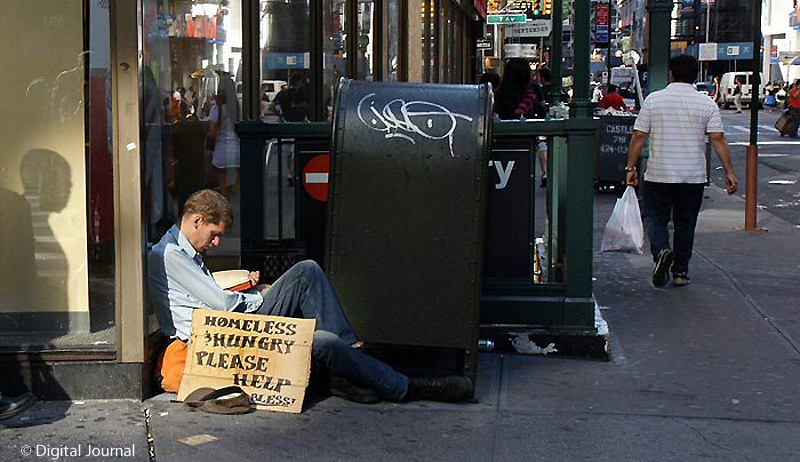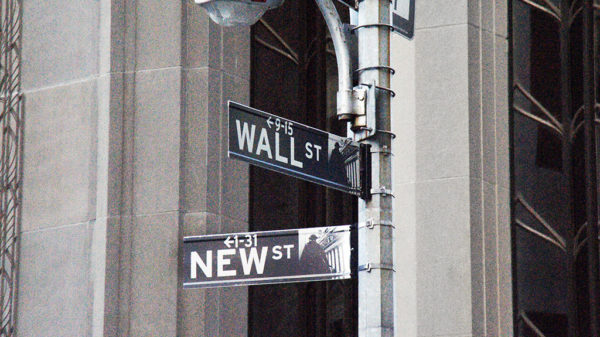No, the cost of living isn’t ‘going down’ due to a slightly lower rate of inflation over any possible historical base. No, you’re not better off having no money to pay for constant price increases. Pick a date, any date. As of that date, you’re less financially viable.
The sheer scope of basically wrong information about the cost of living is staggering. Any day of the week, the personal catastrophes for people are piling up.
Are you paying more, yes, or no? Do you have the money to cover the higher costs, yes, or no?
Interest rates are the visible issue for useless discussion. The much less visible issue is the constant rise in the costs of essentials, long before this global price gouge started.
Consider the historical base prices of any essential in a random search:
Health: Consistent rises for decades despite technological advancements
Housing: Charting nothing but increasing unaffordability for 30 years
Food :All over the shop, food prices are volatile at best, most of the time
Water: Revolting.
Energy: Exactly what you’d expect from a commodity market
These are the basics that underpin real costs in any economy. This is also the picture of the real base costs as they devalued your money. This idiocy is for some reason accepted, as though access to those sums of money was guaranteed.
You’ve probably seen many cases of X dollars in the past being worth far more than the same number of dollars now. That process is apparently accelerating, particularly in the last decades or so. The net deterioration in buying power is the actual measure of inflation, and it’s not just a few percent up or down. It’s a massive net increase.
Yes, there are more people now. That drives demand and prices up. Credit fills in the gaps, costing more.
Wages never make up the difference. Nor does investment income. What happens is that the latest economic panic, whatever it is, drives prices up and keeps them high. This is mindlessly accepted as a historical norm, no matter how inefficient it is.
Deregulation has also played a part in raising costs. The US property market used to be taxed at a much higher rate. It’s now taxed at a much lower rate, and so prices have happily gone nuts. Education now means “buy a degree” at much higher prices. How is an undergraduate degree actually worth a multiple of what it was?

The markets don’t “control” this so much as simply roll over and purr. If the numbers look good, they’re happy. Meanwhile, you’re not “better off”, according to anybody. The basic wage of the 1950s paid for more stuff than you will ever be able to afford now.
You’re just juggling a different set of impossible numbers and allowing people who do know a lot better to tell you that you need to spend much more money that you’ll never have.
Technology will inevitably rewrite the script for personal finances. Income sources will be obliged to diverge from the 20th century drastically, and probably soon.
…Which leads to the point of this article. What in the name of drivelling idiocy is good about this?
Millennials and Gen Z have very obviously been priced far out of anything resembling the expectations of previous generations. Subsequent generations will do even worse.
The entire economic model is dead and it won’t be reincarnating. For example – The US birthrate, a key metric for economics, is collapsing. The world in which price rises were bearable hasn’t actually existed for a long time. Any price rise now hits a raw nerve.
The entire “economic growth” fantasy has basically killed itself as well as a lot of people, and the subject is anything but that very obvious fact. Why not?
How many overly-verbose excuses does it take to pay a bill?
Because the net cost of this bill to the future is way too high.
_______________________________________________________________
Disclaimer
The opinions expressed in this Op-Ed are those of the author. They do not purport to reflect the opinions or views of the Digital Journal or its members.














